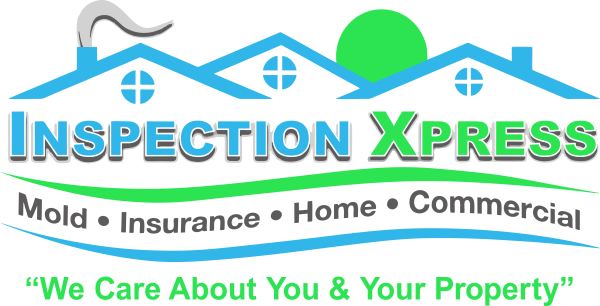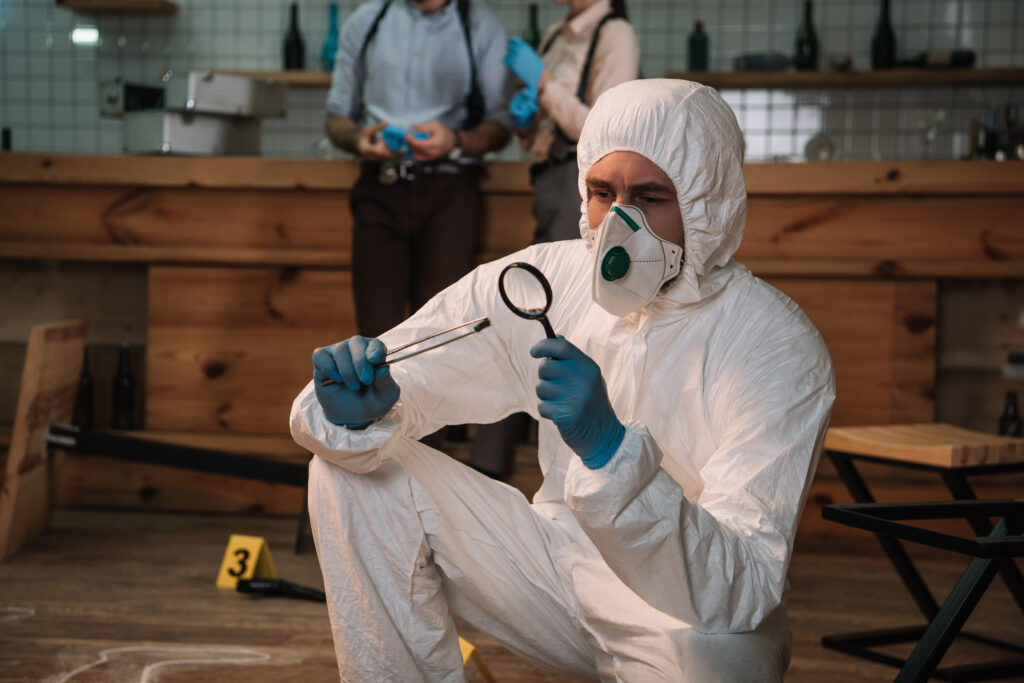Imagine discovering a strange odor in your kitchen one day. You’ve been feeling quite worn out recently, and your joints are hurting for no apparent reason. However, you choose to have a peek by pulling out the cupboard housing the sink. You discover black mold growing from the wall all the way down to the somewhat warped wood floor. If you encounter such a situation, prompt action for mold remediation is essential to ensure a healthy living environment.
It’s not good. Furthermore, the mold may be across the wood floor, as far as you know. This will be quite expensive to fix, but it must be done as soon as possible. Does mold get covered by homeowners insurance, then?
Does Mold Get Covered by Homeowners Insurance?
Sometimes, it is the response. A few decades ago, remediation expenses (which included eliminating and cleaning up mold and replacing your house again) were under any circumstances. However, insurance companies stopped paying it because it became too costly unless it was a result of another disaster that was previously typically covered (such as a burst pipe or a smashed-in roof).
When does mold now get covered by homeowners insurance? These days, the type of damage you have, your carrier, and your specific policy will determine who pays for mold remediation—you or the insurance company.
You should never have to live with a mold infestation in your home, no matter who pays for it. Health issues brought on by toxic molds can range from minor allergies to damage to the liver and central nervous system.
Mold damage is complicated since there are numerous contributing causes, and it takes time for it to develop. The boundary between what is with mold can be hard to determine what is covered and what isn’t, so let’s examine some situations where mold may be covered and ones where it most likely won’t.
When Mold Will Be Covered by Homeowners Insurance
If mold grows after a leak brought on by an incident (storm, burst washing machine pipes, etc.) that results in dampness and invisible damage, your homeowner’s insurance will probably cover it. But keep in mind that’s not a guarantee it will be paid for; make sure you check with your insurance provider and policy.
Let’s imagine that your dishwasher line burst and caused flooding behind the cabinetry, which is how the black mold behind the kitchen sink that we previously discussed grew. It might be covered if you discovered the mold and reported it right away.
Time is crucial when it comes to mold. Insurance will typically pay out more quickly if the mold damage is sudden (that is, resulting from an isolated incidence as opposed to a continuous leak or decay).
When Mold Isn’t Covered by Homeowners Insurance
Regretfully, there is a far longer list of things that are not covered than there is of those that are. It can be hard to determine the source of mold in a house, especially since it frequently takes a while to find it.
However, if the mold damage is connected to any of the following, your claim is likely to be rejected:
Wear and tear: This might include mold growth from damp surroundings, such as the wall in your split-level mountain home’s basement that has patches of black and green paint on it because it’s in continuous interaction with the damp, chilly mountain.
Persistent leaks that were not fixed: Your insurance provider won’t be too understanding if you neglect routine home maintenance and mold develops as a result.
Water/moisture introduced during construction: It’s possible that rain or other damp weather was present when your home was being built. You won’t be protected if, six months or so after moving home, you find mold.
Bad repairs: It’s possible that you had a leak and fixed it on your own or by hiring a professional, but the work wasn’t done correctly, allowing mold to grow. Sadly, this is something that your insurance provider will not cover.
Returning to the black mold under the kitchen sink, let’s address the issue. This occasion was brought on by a steady leak in your sink drainpipe that you were unaware of for weeks. In this case, your standard homeowner’s insurance coverage most surely does not cover the mold. It’s crucial to consider scheduling a mold inspection in West Palm Beach, to ensure the safety of your home and family.
How Can Mold Growth Be Prevented?
Perhaps you just had flooding in your home and are now concerned that it will soon have more mold than two-week-old bread. Alternatively, perhaps you have simply never considered the danger that mold presents. In any case, there are a few wise things you can do to prevent the formation of mold.
Control the Humidity
Clearly, mold risks arise from flooding and water damage. However, some molds grow best in homes with humidity levels just above 50%. Here are some tips on keeping your home dry to discourage the growth of mold.
Keep Up with Maintenance
Anything that can leak, such as the AC, dishwasher, washing machine, refrigerator (ice maker line), and plumbing beneath the sinks, should be closely monitored.
Water damage occurs rapidly, and mold thrives in dim, unventilated spaces—which, let’s face it, are the majority of these regions.
What to Do When Your Insurance Doesn’t Pay
You’ll have to take care of the mold yourself if you’ve tried everything and your insurance company won’t budge on your claim.
The simplest and safest course of action is to hire a mold cleanup specialist at InspectionXpress. If mold is developing on a porous surface (such as wood or drywall), all of the affected material must be removed. Our professionals may use a mold-killing chemical to clean a hard surface, like tile.
How Much Does Expert Mold Removal and Remediation Cost?
After removing the layers, it is evident that you have a mold issue. Or perhaps you’ve only smelled it and need someone to evaluate it—you haven’t really ripped anything apart. What is the estimated cost of expert mold removal and remediation for you?
Conclusion
For a number of reasons, hiring a professional mold cleaner from InspectionXpress is the best option. Our experts utilize specialized tools to first determine the extent of the mold issue and then contain any airborne spores to prevent the issue from getting worse while it’s being cleaned up.
The cleanup crew will remove and replace those materials, once more concentrating on maintaining pure air if the surfaces cannot be cleansed. To ensure the job is done correctly, it needs knowledgeable and experienced professionals.


